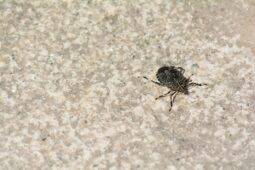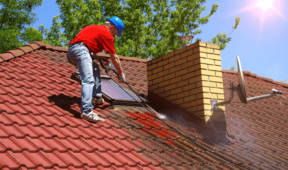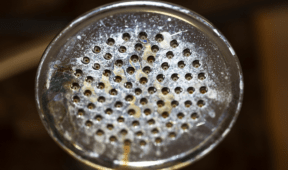8 Things You Should Never Clean With Vinegar
Vinegar has earned a reputation as a go-to cleaner for just about everything. It’s natural, affordable, and effective on many surfaces, but there are still some materials it can actually damage. Here are eight spots you shouldn’t be reaching for vinegar to clean.
1. Stone Countertops
Vinegar can dull and etch the surface of natural stones like granite, marble, or limestone. These materials are sensitive to acids, and using vinegar can break down their protective sealant over time. Once that barrier is gone, the surface is more vulnerable to stains and further damage. Stick to cleaners specifically made for natural stone if you want to keep them polished and protected.
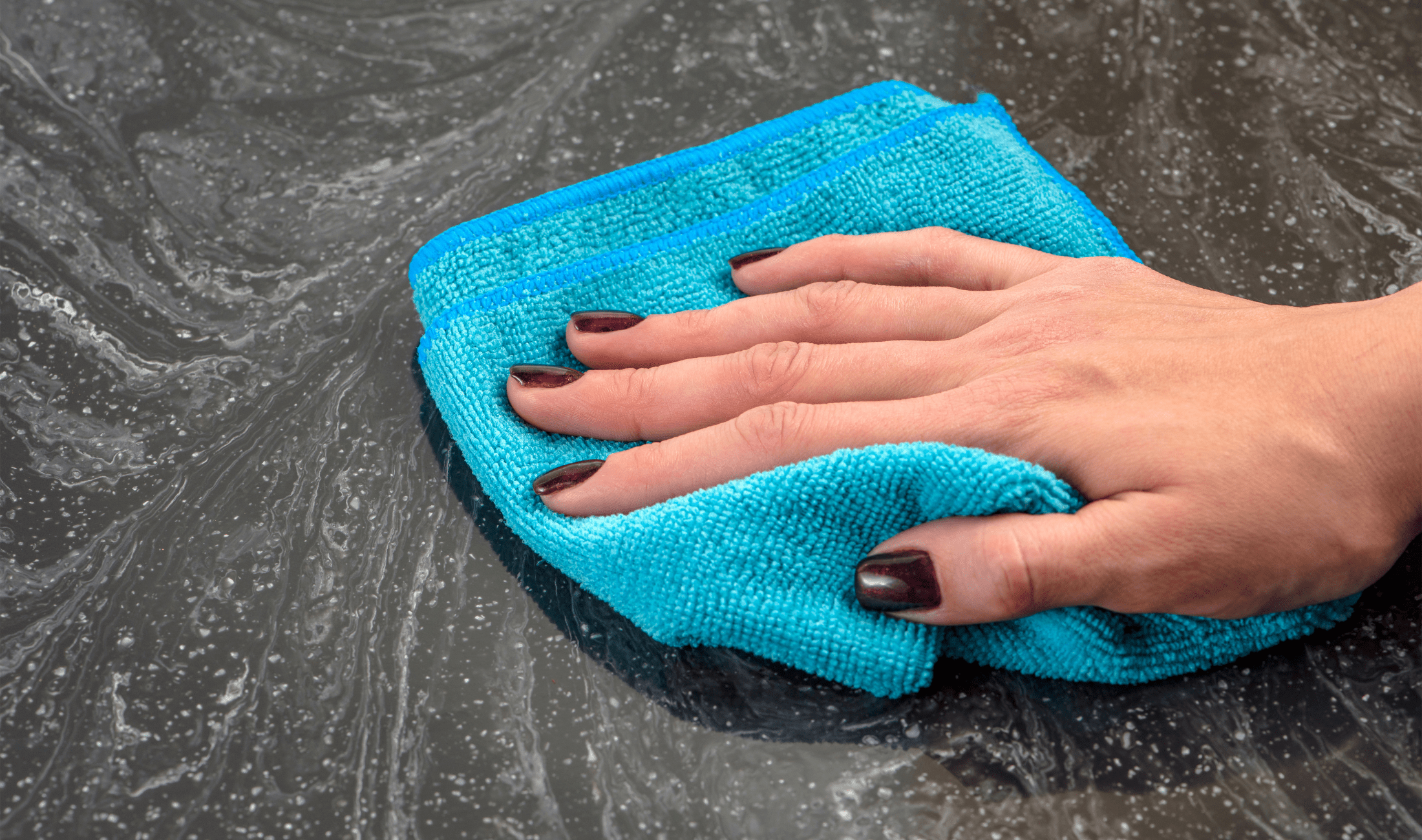
2. Hardwood Floors
It might seem like a safe, gentle option, but vinegar can eat away at a wood floor’s finish. Over time, repeated use may strip the protective coating and leave the wood dull, dry, or even warped. For wood floors, use a cleaner that’s made for hardwood to preserve its appearance and strength.
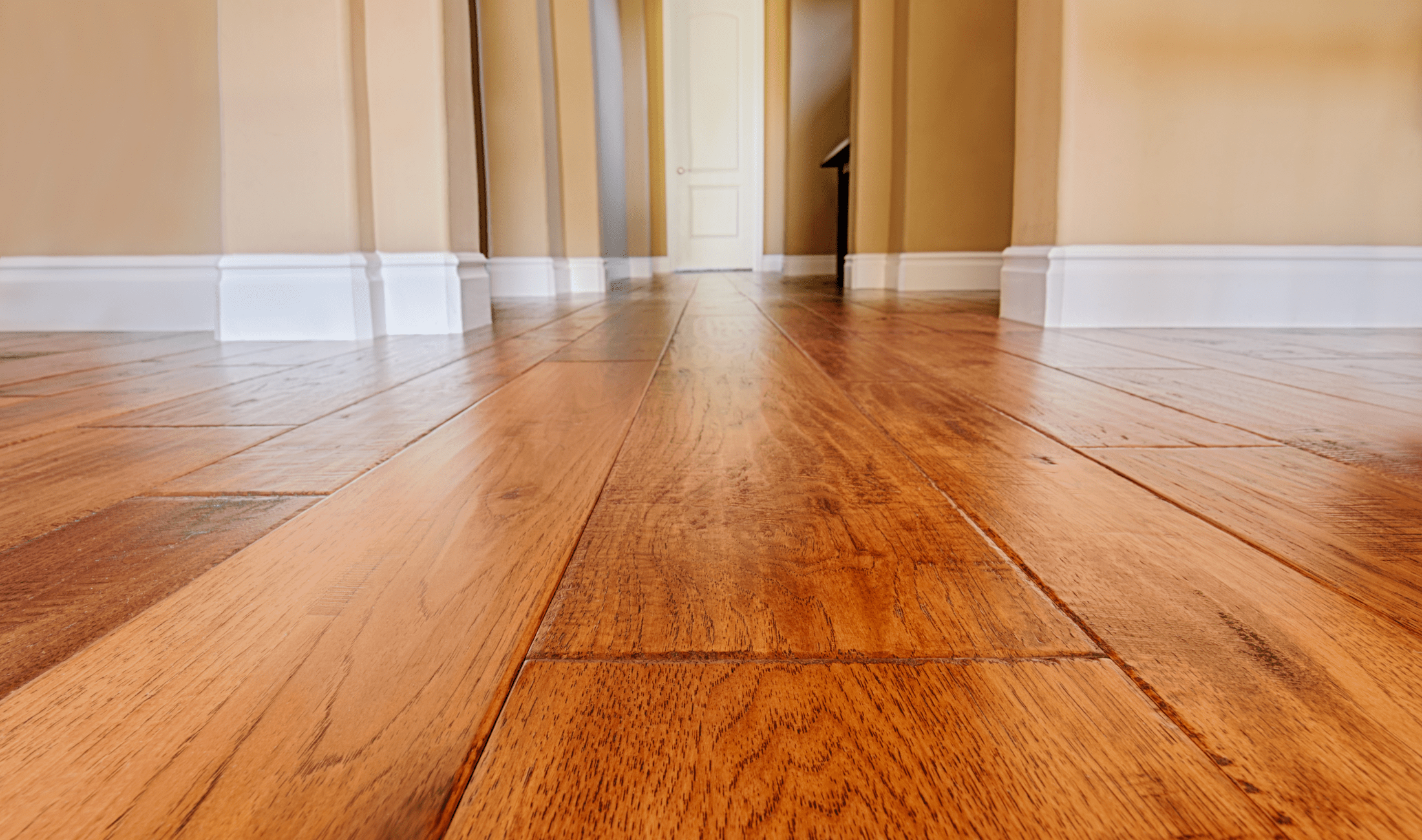
3. Electronic Screens
TVs, phones, laptops, and tablets often have special coatings that protect against glare and fingerprints. Vinegar can strip those coatings and leave the screen looking cloudy or even permanently damaged. Even diluted vinegar can be too harsh on screens. Instead, use a microfiber cloth lightly dampened with water or a screen-safe cleaning solution.

4. Irons and Steamers
Though some suggest vinegar for descaling, it can damage the inside of your iron or garment steamer. Vinegar can break down internal parts, including rubber seals and metal elements. Over time, this may lead to leaks or poor steam performance. Check your appliance’s manual and use the manufacturer-recommended solution instead of risking internal damage with vinegar.
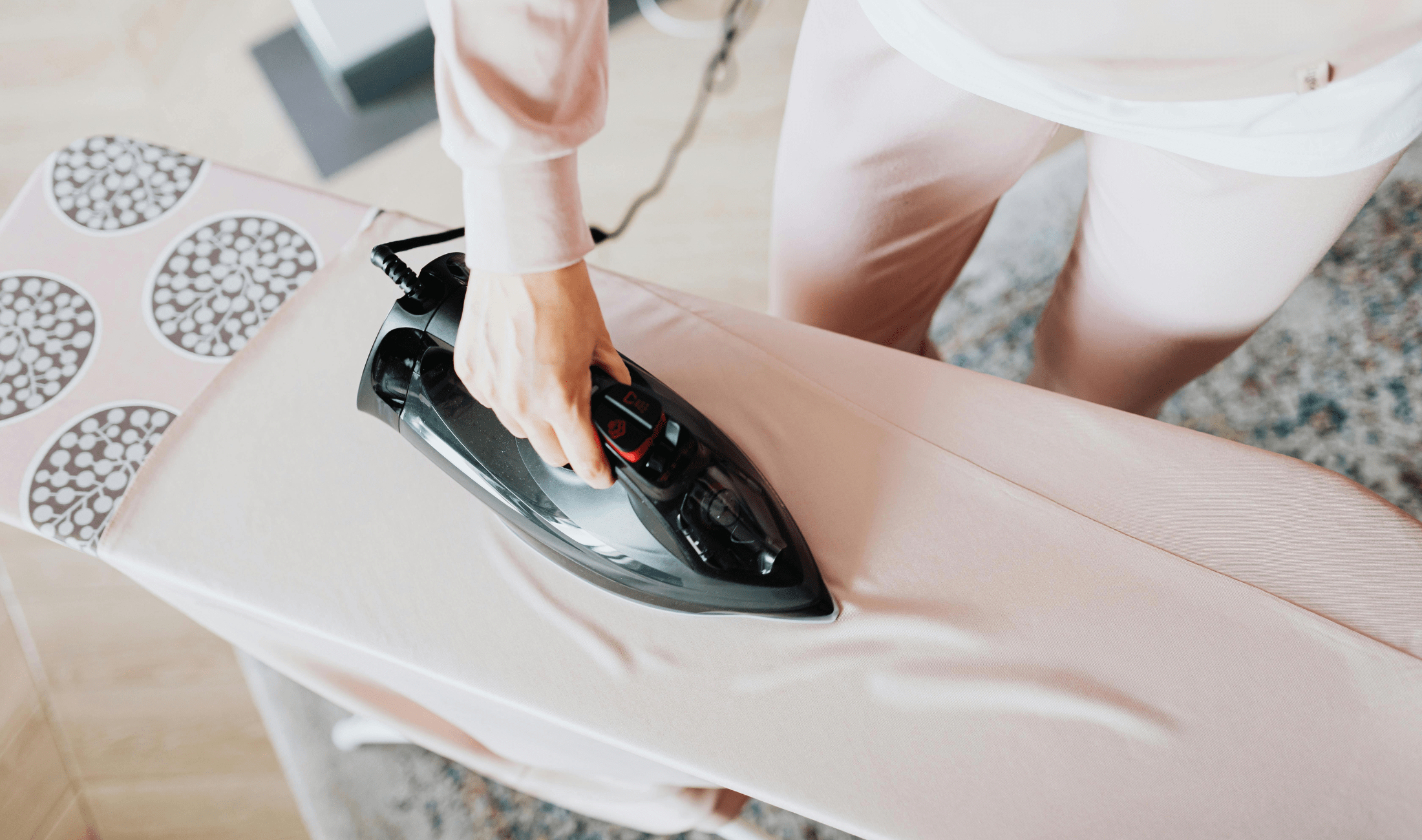
5. Aluminum Cookware
Vinegar can cause pitting and corrosion in aluminum, especially if it’s left to soak or is used frequently. This is especially true for older or uncoated aluminum pots and pans. While a quick rinse might not do much harm, regular cleaning with vinegar can leave your cookware looking worn and dull. Use a gentle dish soap and avoid soaking these items in anything acidic.
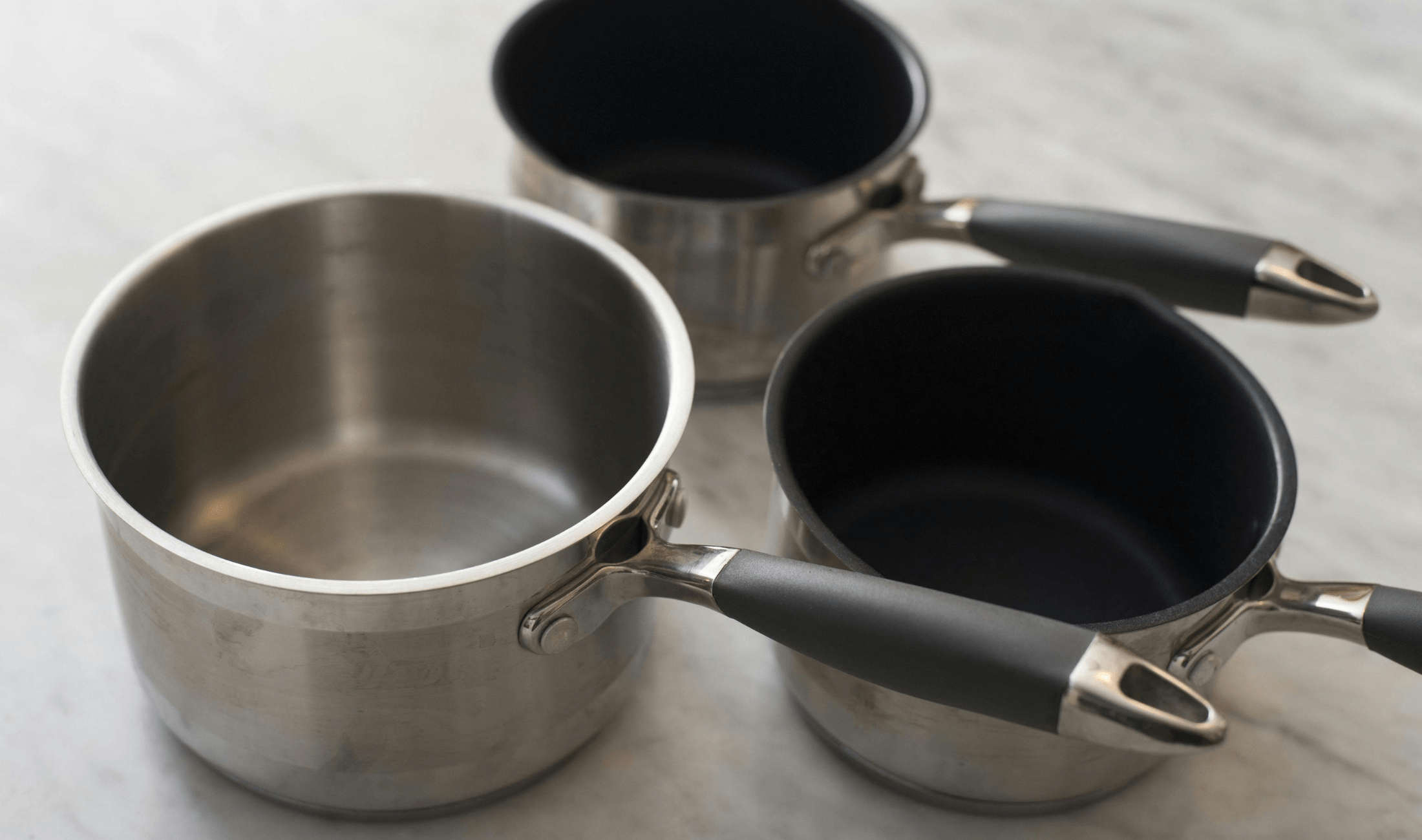
6. Rubber Parts and Seals
Appliances like dishwashers and washing machines often contain rubber gaskets and hoses. Vinegar can wear away at rubber over time, causing cracks or weakening the material. While vinegar might help with mildew or odor every so often, repeated use can eventually damage the piece. It’s best to clean appliance internals with products designed for that purpose as they’re proven to be safe.
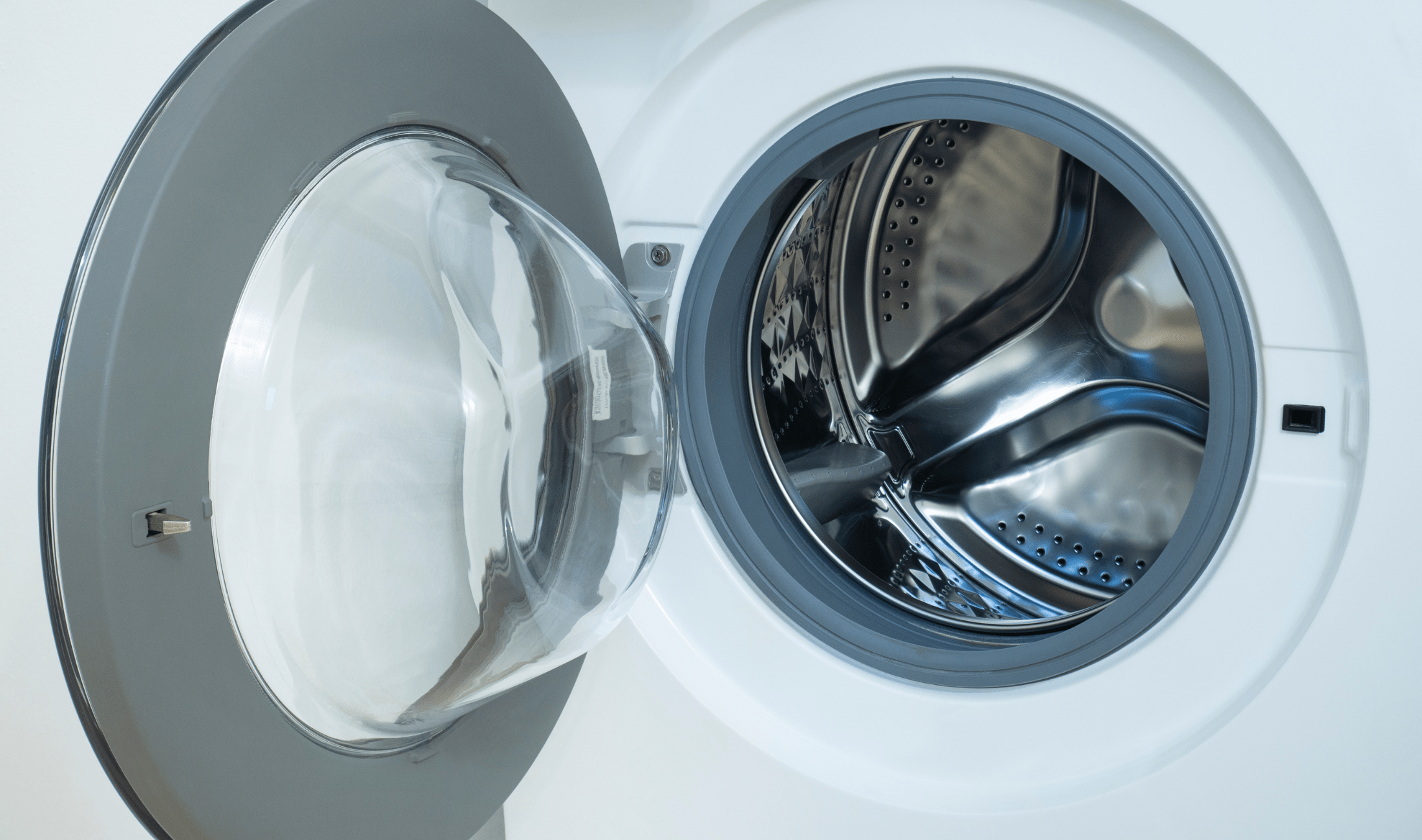
7. Knives with High-Carbon Steel Blades
Vinegar can quickly dull or corrode high-carbon steel blades, which are often found in quality kitchen knives. While it may be tempting to use vinegar to cleanfood residue or rust, it’s likely to do more harm than good. Instead, wash these knives by hand with mild dish soap, dry them right away, and oil the blade occasionally to keep them in top shape.
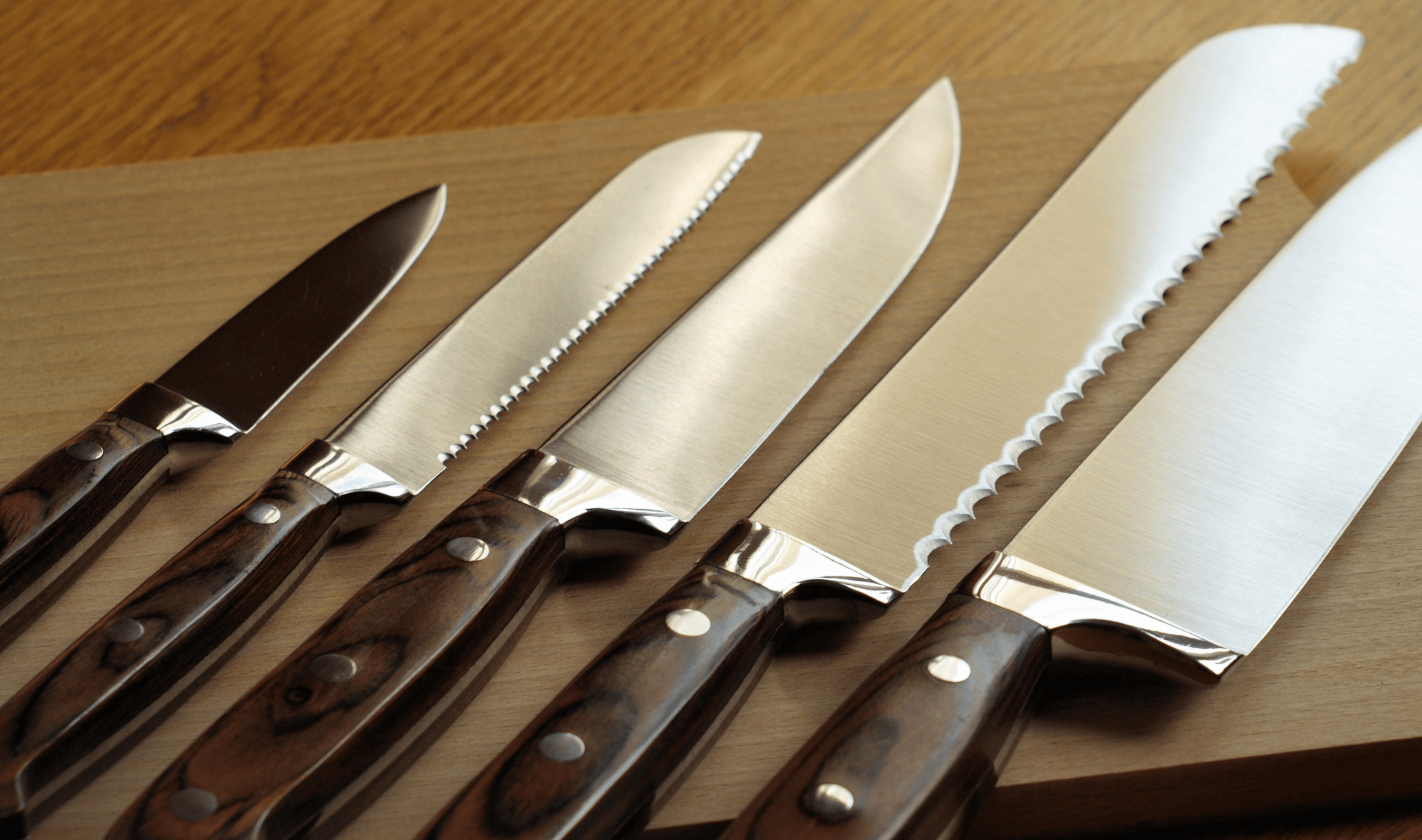
Related Articles
- Why You Should Be Putting Cinnamon In Your Mop Water—Maybe
- The Top 5 Reasons Why You Should Use Vinegar In Your Laundry
- Why You Should Clean Fruit With Vinegar and How to Do It Right
Vinegar may be a powerful household staple, but it’s not suited for everything. Using it in the wrong places can create long-term damage, be it to a tool or a certain type of surface. When in doubt, always double-check what a surface is made of and whether vinegar is safe to use. Being mindful of where you clean with vinegar helps protect your home and everything in it.

